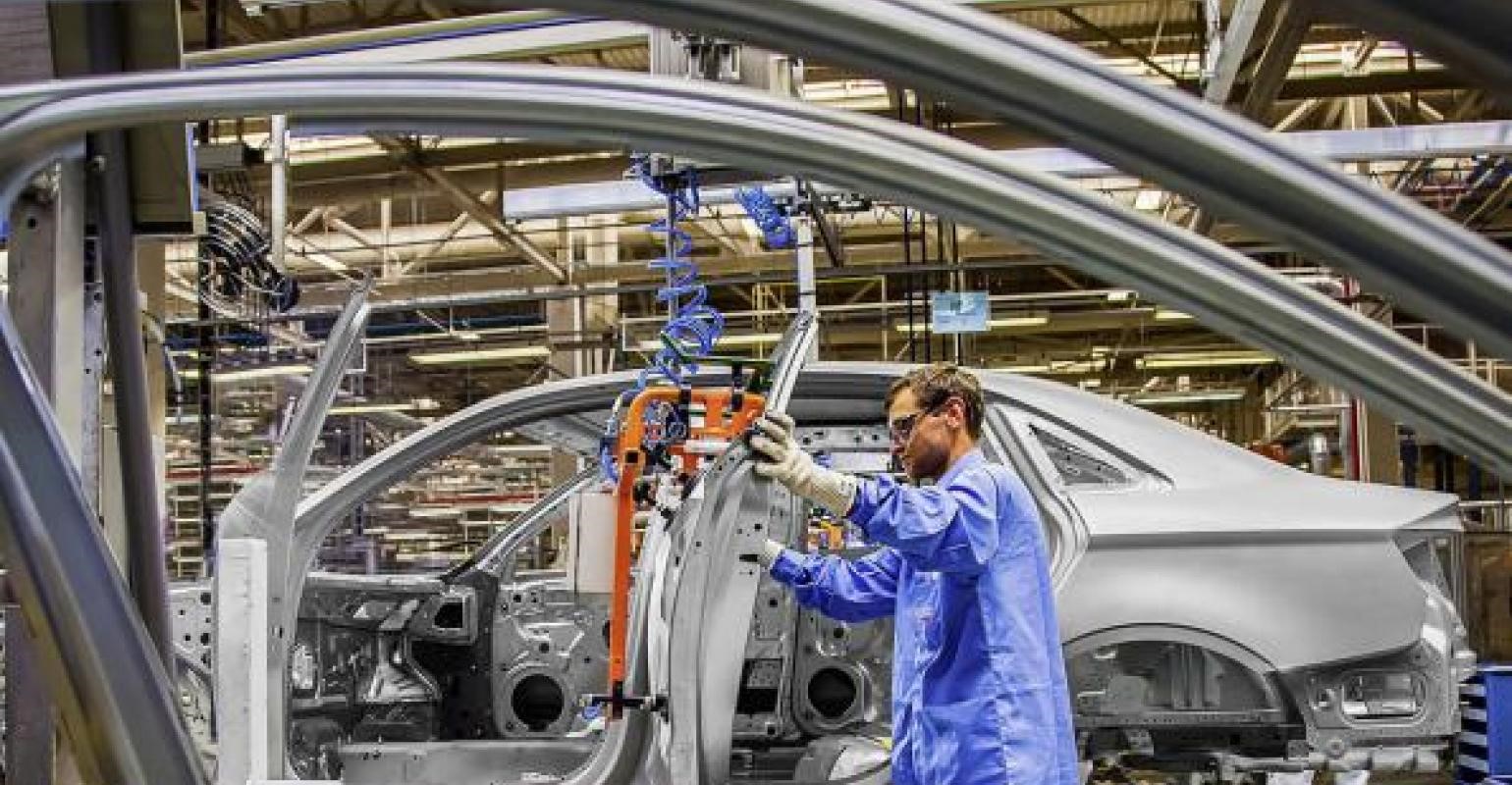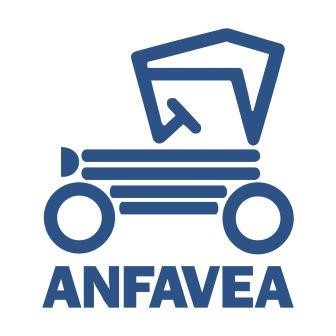

According to the Brazilian body, which brings together the automobile, light commercial, truck, bus, agricultural and construction machinery manufacturers National Association of Automotive Vehicle Manufacturers (Anfavea) reported that in 2021, the auto industry's production witnessed an 11.6% upswing against 2020 to 2.2 million units. However, it has been acknowledged as a marginal improvement but still below the potential for domestic and foreign demand.

Truck sales increased 43.5%, pickup sales increased 25.1%, and van sales increased 22.8% on the balance sheet, while car sales dropped 3.6% and made passenger cars the most affected, majorly due to the global semiconductor shortage crisis.
Concurrently, the production of processed aluminium is also winged up. The increase occurred in the same measure as the domestic consumption of metal, which registered a record in the period, emphasising the Transport sector.
Despite the difficulties of the Brazilian market and the Automotive and Transport segments, the Norwegian aluminium giant, Hydro achieved a positive performance with a percentage growth almost three times greater than the sector in Brazil, which is very much accredited to new business. The company supplies components such as tubes and various extruded aluminium profiles for multiple applications in heat exchangers and their aggregates, brake systems, and accessories, among others.
Sergio Vendrasco, the Vice President of Precision Tubing in South America, said, “In addition, through its global operations, mainly in the United States, Europe and Asia, the company has been acting significantly in the demands of automakers and systems in specific products for electrification, which may soon become a reality in our market."

The company has two remelting units in extrusion operations in the country, capable of serving these segments with high technical requirements, with strong demand for 3XXX, 4XXX and 6XXX series alloys.
Hydro has made constant investments in recent years, aiming to improve the technology park and meet the technical and competitive demand of the markets in which it operates, mainly automotive.
As this segment operates differently and the projects are defined with a medium and long-term horizon, the company sees an excellent perspective for increasing the use of aluminium.
Fabio Passerini, the Manager of the Business Unit at Elfer Alumínio, explained, "Last year was marked by uncertainties and significant variations in demand. However, we evaluated an excellent result, as we were within the most optimistic scenarios we had outlined. It was a challenging year and, as a strategy, we promoted collaborative work between the players in the chain, which minimized impacts with a high degree of alignment and synergy."
Additionally, the company has been working on projects related to electric mobility, which has grown and has been a focus of investment by automakers. As aluminium is highly relevant in this segment, it remains optimistic in the medium and long term.
"Metal is fundamental for increasing the range of electric vehicles, which need light to be more efficient. In addition, it is relevant for reducing greenhouse gas emissions in cars with internal combustion engines. Less fuel is required to travel the same distance by making them lighter," Passerini added.
However, for Companhia Brasileira de Alumínio (CBA), 2021 was a year of recovery compared to 2020.
He said, "We focused more on implements for trucks and bus chassis, whose markets have shown good performance."
According to the company, aluminium has several properties that favour its choice in the composition of products for a more sustainable world.
"It wears out the vehicle less and generates greater efficiency and load capacity, excellent performance and superior properties in most applications. Added to this is that aluminium has infinite recyclability, an important feature when considering the destination after the material's useful life."



Responses






